 Principles of mutual respect for each other's territorial integrity and sovereignty, mutual non-aggression, mutual non-interference in each other's internal affairs, equality and mutual benefit and peaceful co-existence. Principles of mutual respect for each other's territorial integrity and sovereignty, mutual non-aggression, mutual non-interference in each other's internal affairs, equality and mutual benefit and peaceful co-existence.  Area Handbook for the People's Republic of China - Page 300by Donald P. Whitaker, Rinn-Sup Shinn (Foreign affairs analyst), In-sŏp Sin, American University (Washington, D.C.). Foreign Area Studies - 1972 - 729 pagesFull view Area Handbook for the People's Republic of China - Page 300by Donald P. Whitaker, Rinn-Sup Shinn (Foreign affairs analyst), In-sŏp Sin, American University (Washington, D.C.). Foreign Area Studies - 1972 - 729 pagesFull view - About this book
 | American University (Washington, D.C.). Foreign Area Studies, Thomas Duval Roberts - 1968 - 398 pages
...adherence, as did nearly every nation of South and Southeast Asia. The "Five Principles" called for — mutual respect for each other's territorial integrity...internal affairs; equality and mutual benefit; and peaceful coexistence. These principles furnished basic guidance for a foreign policy which was becoming... | |
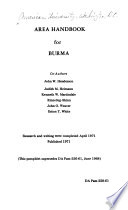 | John William Henderson, American University (Washington, D.C.). Foreign Area Studies - 1971 - 364 pages
...Coexistence." First enunciated by Prime Minister Jawaharlal Nehru of India, these principles called for mutual respect for each other's territorial integrity...noninterference in each other's internal affairs; equality and mutual benefits; and peaceful coexistence. Burma has subscribed to these principles, which became... | |
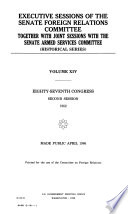 | United States. Congress. Senate. Committee on Foreign Relations - 1986 - 852 pages
...1955 Bandung Conference. Those principles are mutual respect for each other's territorial integrity, sovereignty, mutual non-aggression, mutual non-interference...internal affairs, equality and mutual benefit and peaceful coexistence. Those are the very general phrases which we used at that time. I don't know,... | |
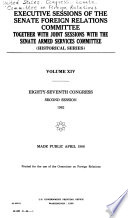 | United States. Congress. Senate. Committee on Foreign Relations - 1986 - 866 pages
...1955 Bandung Conference. Those principles are mutual respect for each other's territorial integrity, sovereignty, mutual non-aggression, mutual non-interference...internal affairs, equality and mutual benefit and peaceful coexistence. Those are the very general phrases which we used at that time. Article (2) simply... | |
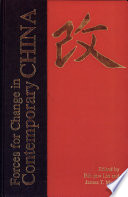 | Bih-jaw Lin, James T. Myers - 1993 - 416 pages
..."five principles of peaceful coexistence": mutual respect for sovereignty and territorial integrity; mutual non-aggression; mutual non-interference in...internal affairs; equality and mutual benefit; and peaceful coexistence. 40 Peking's international image suffered inestimably as a result of the armed... | |
 | Alfred D. Wilhelm - 1994 - 316 pages
...during the negotiation of the PRC's first treaty with India (April 1954) and included therein:22 • Mutual respect for each other's territorial integrity...noninterference in each other's internal affairs • Equality and mutual benefit • Peaceful coexistence.23 A year later, in April 1955, the "Five Principles of... | |
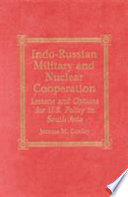 | Jerome M. Conley - 2001 - 208 pages
..."Five Principles of Peaceful Coexistence." These principles, called Panch Sheela in Hindi, emphasized: mutual respect for each other's territorial integrity...noninterference in each other's internal affairs; equality and mutual benefits; and coexistence. See John Rowland, A History of Sino-Indian Relations: Hostile... | |
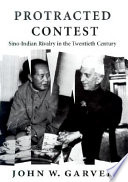 | John W. Garver - 2001 - 476 pages
...Five Principles of Peaceful Coexistence are mutual respect for sovereignty and territorial integrity; mutual nonaggression; mutual noninterference in each...internal affairs; equality and mutual benefit; and coexistence. According to Beijing, the Five Principles should govern relations between all countries... | |
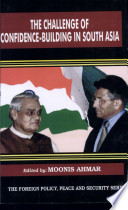 | Moonis Ahmar - 2001 - 440 pages
...agreement embodied the famous Panchsheel, five principles, to guide and govern their relations. They are: mutual respect for each other's territorial integrity and sovereignty, mutual non-aggression, mutual non interference in each other's internal affairs, equality and mutual benefit, and peaceful co-existence.... | |
 | Kenneth M. Bauer - 2004 - 414 pages
...dominant political party of Taiwan until 2000, where it is spelled Kuomintang. 4. The Paanch Sheela were: mutual respect for each other's territorial...internal affairs; equality and mutual benefit; and peaceful coexistence (Ramakant 1976; Prasad 1989; Smith 1996). 5. The issue of Tibet has been raised... | |
| |